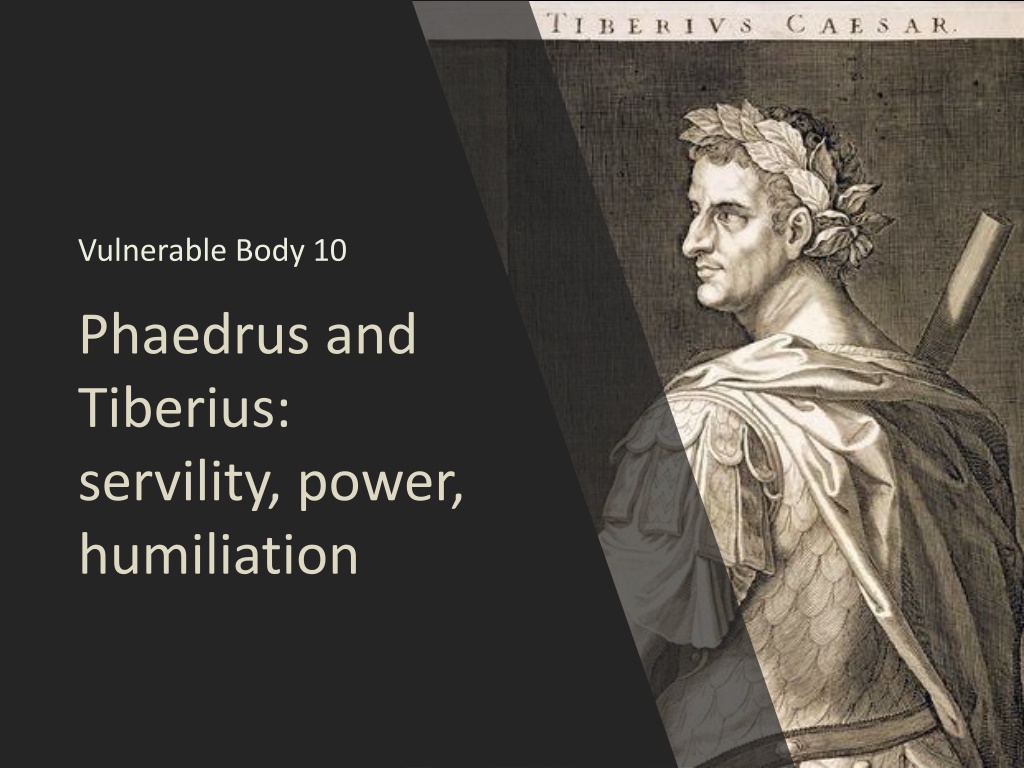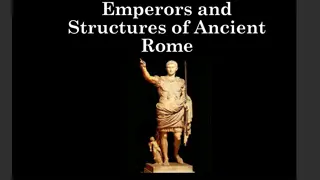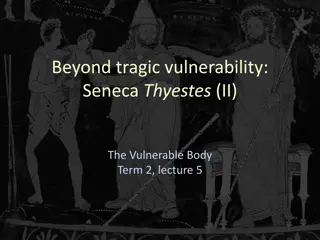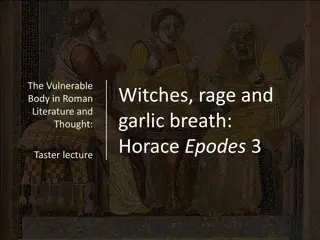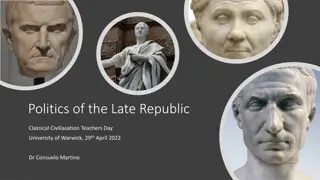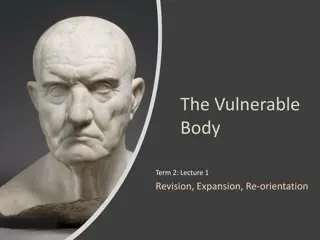Exploring Vulnerability and Power Dynamics in Imperial Rome: Phaedrus' Perspective
Delve into the intricate relationship between constructions of vulnerability in imperial Latin texts and the material reality of vulnerability in ancient Rome. Discover how cultural perceptions of male citizen invulnerability rely on affirming vulnerability in others. Uncover the strengths of vulnerability through non-normative perspectives, wit, originality, and power-play dynamics. Examining characters like Sinon and Telephus, the discussion delves deep into themes of servility, power, and humiliation in Phaedrus' Fables. Reflect on the significance of Phaedrus speaking through characters like Sinon and Telephus concerning genre, ethnicity, class, and bodily vulnerability.
Download Presentation

Please find below an Image/Link to download the presentation.
The content on the website is provided AS IS for your information and personal use only. It may not be sold, licensed, or shared on other websites without obtaining consent from the author. Download presentation by click this link. If you encounter any issues during the download, it is possible that the publisher has removed the file from their server.
E N D
Presentation Transcript
Vulnerable Body 10 Phaedrus and Tiberius: servility, power, humiliation
Recap ongoing questions What is the relationship between constructions of vulnerability in imperial Latin texts, and the material reality of vulnerability in imperial Rome? How are cultural constructions of male citizen invulnerability dependent on affirming vulnerability in others?
The strengths of vulnerability Speaking and writing from a perspective presented as non-normative. Presenting the wit, originality or iconoclastic impact of a smaller , weaker genre. Experimentation with form. Self-positioning and political manoeuvring. Power-play (not least, with audience)
Sinon: come of it what may (illustration from the 5thc. Vergilius Romanus)
Telephus (Epilogue to Bk 3) A son of Hercules Ruler of Mysia who repelled the Greek expedition when it mistook the kingdom for Troy. In the battle that ensued, he was wounded by Achilles spear; an oracle told him only Achilles spear would cure him. Telephus went to Agamemnon disguised as a beggar, kidnapped Orestes and blackmailed the Greeks to help him; according to an oracle the Greeks would never reach Troy without Telephus guidance. Telephus was healed by the rust from Achilles spear, and in return guided the Greeks to Troy.
Telephus Relief, Herculaneum 1stc.CE
Ennius Telephus fr.340 [spoken by Telephus the king, dressed as a beggar] Palam muttire plebeio piaculum est It is sacrilege for a man of low birth to mutter in public.
Question for discussion What is the significance, do you think, of the fact that Phaedrus speaks through (Virgil s) Sinon and (Ennius ) Telephus at the beginning and end of book 3 of the Fables? Think about genre, ethnicity, class, and bodily vulnerability.
Phaedrus 2.5: how to flatter an emperor? Date: unknowable, but probably before Tiberius death in 37CE. Tiberius is in retreat from 26CE. Was Phaedrus really part of the palace retinue? How removed are we to see this country retreat from the paranoid politics of court life, run by Sejanus? What is the moral of this story?
